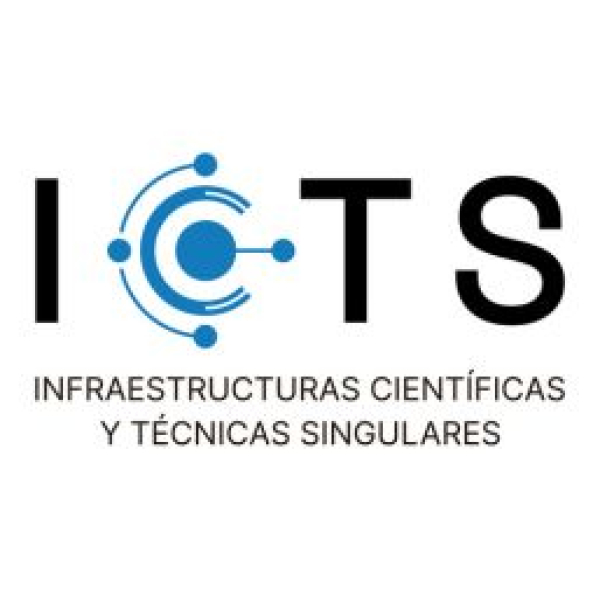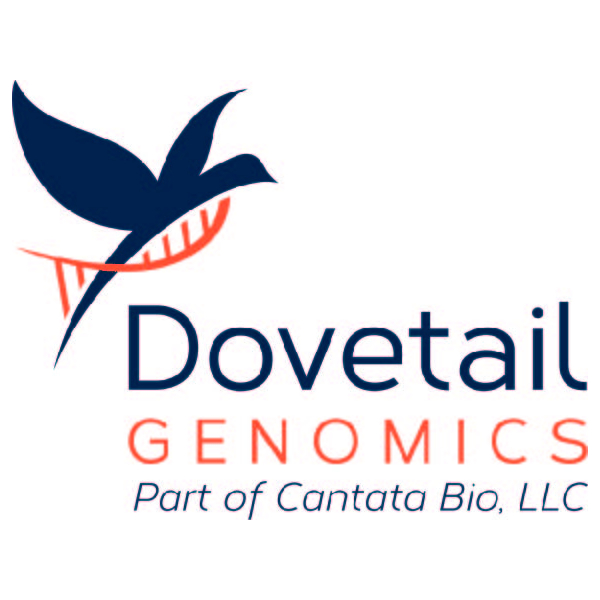The project aims to sequence the genome of four drafonfly species collected in 2023, preserved in liquid nitrogen and stored at -80°C at BEECA-UB, ensuring high-quality DNA. 2-4 adults per species were captured in Montseny and Peguera. Species are Onychogomphus forcipatus, O. uncatus (Gomphidae,...
The sonso is a unique fish of high economic interest, especially in Catalan regions where it is highly valued culinary. Generating an annotated genome at a chromosomal scale will allow understanding the evolutionary relationship with other species, and even more importantly, it will aid future...
The Hermann's tortoise (Testudo hermanni hermanni) is a charismatic land turtle native to Catalunya, critically endangered by habitat destruction and pet trade. Moreover, this is a species vulnerable to global warming due to its sex determination system based on environmental temperature, inducing...
During last year, Ctenophora-sister hypothesis have been favoured by a couple of studies. The first discovered that comb jellies present a unique syncytial nervous system, not found in any other animal group. The second was based on comparing their genome structure (macrosynteny) against the other...
Our group has experience in obtaining and releasing good reference genomes, and the species herein proposed are already collected from previous projects with the necessary permits (Xerocrassa montserratensis N=5, B9-Pegueroles; Tylodina raffinesquii N=1, B11-Galià-Camps). T. rafinesquii DNA will be...
The "mussol pirinenc" (Aegolius funereus) and the "trenca" (Lanius minor) are two emblematic examples in the Catalan territories for which genomics can contribute to improving conservation policies and management for threatened species. Human activities, such as agricultural intensification,...











